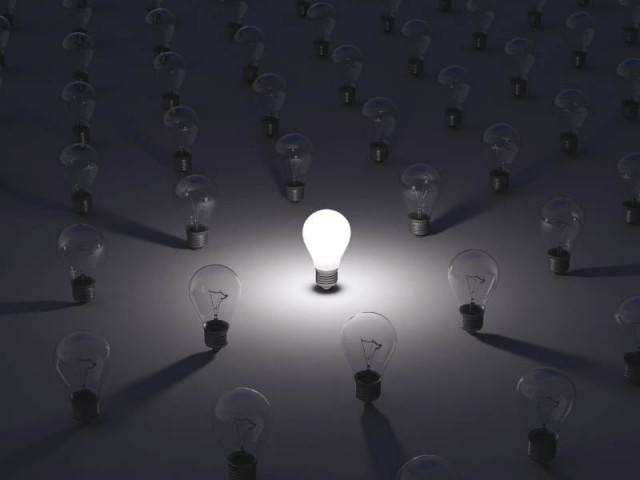How to become energy efficient
Campaign aims to create spaces in cities as nearly 75% of all population will be urbanised by 2050

Campaign aims to create spaces in cities as nearly 75% of all population will be urbanised by 2050. STOCK IMAGE
Sustainable Initiatives and Shehri-Citizens for a Better Environment have collaborated with Friedrich Naumann Foundation to run an awareness campaign on the importance of energy efficiency and the use of renewable resources within an urban context.
The campaign was launched at a roundtable conference held at Movenpick hotel on Wednesday. The purpose of the roundtable meeting was to engage a variety of stakeholders to find collaborative mechanisms to make the cities smarter.
Sustainable Initiatives director Farhan Anwar explained their campaign will comprise three components. First, they will distribute energy kits among 10- to 16-year-old students, five of them belonging to public schools and five from private schools, to create awareness about solar and other renewable energy. Second, they will go to various neighbourhoods in Karachi, Lahore, Peshawar and Rawalpindi to teach the residents how to make their homes energy efficient. Third, the group will make use of the Right to Information law and ask companies working in the energy sector to reveal information they would otherwise not share.
Characteristic of a green city
Currently, 50 per cent of the world population lives in urban areas and it is estimated that this number will rise to 75 per cent by the year 2050. This means that preparations to accommodate the growing number of people in cities need to be made now.
Anwar suggested encouraging walking and the use of bicycles. It is good for your health and also helps make the city smart, he said. In big cities, such as New York and London, more and more people are using bicycles, he pointed out. Use natural light and renewable sources of energy, such as solar and wind power, he explained, since there are no space constraints for solar and wind projects in the country.
"We have opportunities in Karachi," he said. "We have to have vision and we should know how to go about it. We can make the city more energy efficient by using renewable energy."
Tidal power
The chairperson of the department of energy and environment at the Institute of Business Management, Dr Shahid Amjad, also gave a presentation on harnessing the power of ocean energy as oceans are a large collector of solar energy. "We see tides and waves but the question is how to harness the energy," he said. "In Karachi, we have two high and two low tides in 24 hours."
The cost of developing the infrastructure is high but it lasts for up to 30 years. Tidal power is being used in the UK, India and the Philippines while Pakistan has been left behind, he claimed, adding that there is great potential in Korangi Creek.
The biggest advantage of tidal power is that it is free and it reduces our dependence on fossil fuels. It is also available 24 hours a day and 365 days a year. The technology is, however, not fully developed so people are not interested in investing in it, he admitted.
A consultant on Solid Waste Management, Mohammad Khalid, pointed out that around 12,000 tons of municipal waste is collected every day. "We only transport 5,000 tons of waste to landfills in Surjani Town while 7,000 tons is dumped into the sea and other places," he said. His presentation was followed by Shehri member Dr Syed Raza Ali Gardezi's on right to information and bringing transparency into the energy sector.
Published in The Express Tribune, April 30th, 2015.

















COMMENTS
Comments are moderated and generally will be posted if they are on-topic and not abusive.
For more information, please see our Comments FAQ